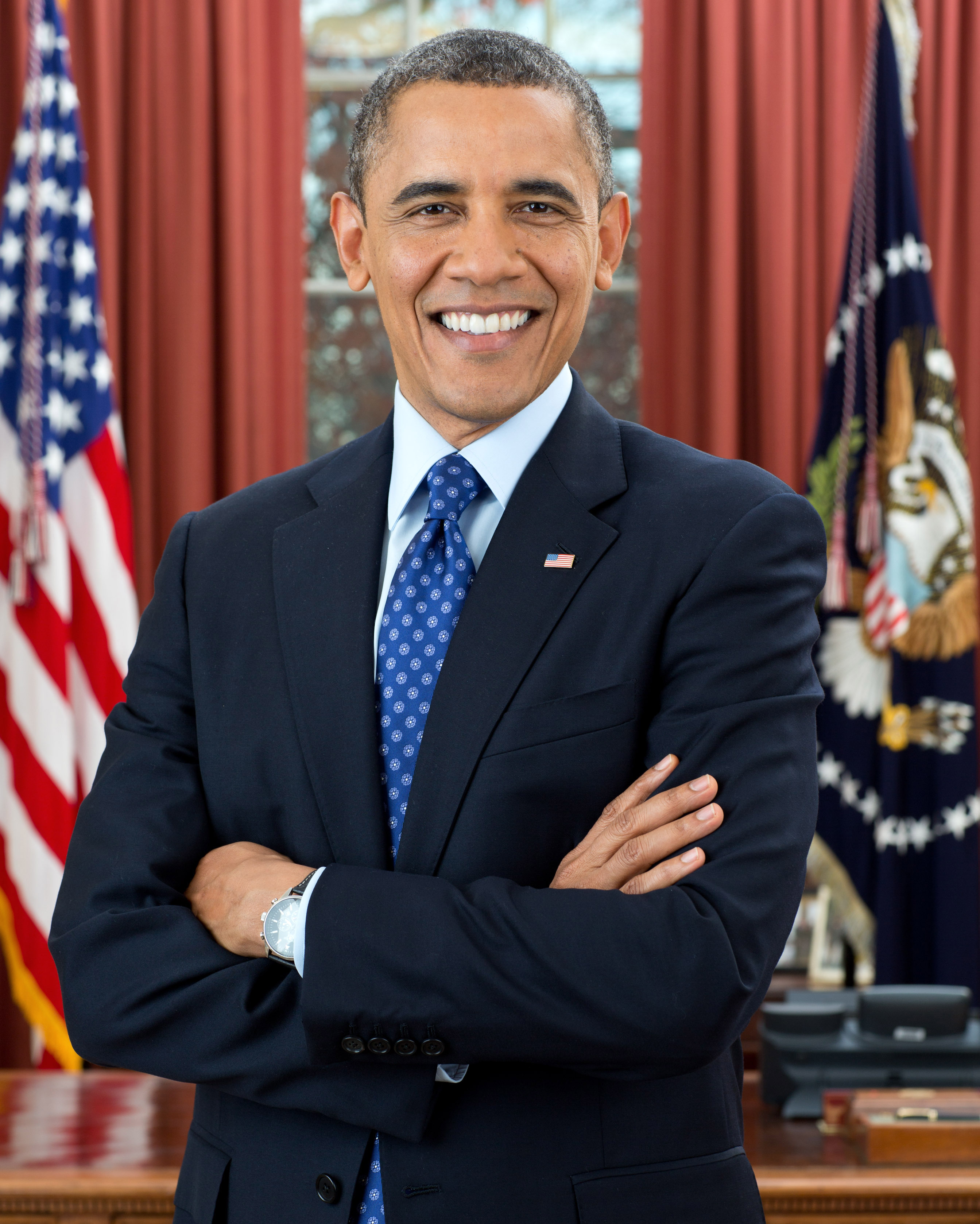Imagine believing that the political compass - a literal right wing propaganda tool - is not only useful, but unassailable
Edit i was almost a more of a lib than normal. link: https://hexbear.net/comment/4012025
I called it debate nerd astrology on Reddit once and someone asked me if I thought adding more axes to the chart would fix it.
 libra lib left
libra lib leftwe need axes for bloodlust and horniness
Timecube political compass
why yes, axes straight through the chart would fix it. I’m sharpening mine right now.
conflating politics and economics
Jesus fucking Christ. Sorry guys I’m out. I can’t with these fucking people anymore.
Hundreds of years of political theory have just been obfuscating the truth that was only recently brough to light by the one true political framing
Checkmate tankie

Liberals are so fucking alienated and insulated that they outright refuse to acknowledge how connected things are connected because everything is supposed to be in its own tidy little plastic box.
Just like their funko pop collection!
:mark-fisher:
Blind rage followed by pondering the best emoji to post

 good choice
good choice
“Neither of us is the arbiter of truth so I guess we’ll have to agree to disagree here” most principled liberal
The political compass* vs. Hundreds of years of political theory - Well neither of us is the sole arbiter of all truth so I’d say its a toss up 🤷
*latest fad
The fundamental problem is that we’ve baked these terms into our political dialogue. I like to think I’m fairly well-read, but I’ll happily retreat to the “libertarian v authoritarian” short-hand when I’m talking to a normie because I know its a language we both speak.
Sometimes it feels like I’m an Inuit trying to explain snow to a guy down in Texas, who keeps waving a snow cone in my face while shouting “I think I know a little bit more about it than you do, buddy!” But that’s hardly a situation unique to discussing politics. You see folks in every industry with nasty cases of Dunning-Krueger.
I think there is something uniquely lib about viewing disagreements over political theory as just differences of opinion between individuals
Edit: additionally i think thats why the political compass appeals to libs, especially in the US. They get to have their own special little point on the grid. All the points are equally valid (its just personal opinion, no one is the arbiter of truth)
At some level, we’re all working with incomplete information and limited perspective. That’s why you go into historical and material forms of analysis, rather than relying on a silly arbitrarily assembled ideology graph.
But once people have the words “Libertarian/Authoritarian” and “Left/Right” stamped into their brains, it becomes increasingly difficult to have a conversation outside of those terms. So then the graphs do make sense. It really is just Biden and Trump arguing over policies, because these are ultimately the people wielding all the political power. We also know that media regularly transforms the perceptions of the individuals that consume it. And so a media that constantly blasts out a Left/Right dichotomy will inevitably produce the cohorts that it describes.
The political compass then becomes a method of describing modernity. As our history is erased and revised to fit the modern understanding of politics, people connect the dots that they’re provided until…

Political education becomes a form of induced neurosis. And I suppose you could describe people inside and outside of said neurosis as having a “difference of opinion” of sorts.
Giving equal weight to LE BOTH SIDES, no matter how absurd one such side is, is another facet of “TO EACH THEIR OWN”

“neither of us is the arbiter of truth but I think you’re wrong so I must be right”
KKKool_Newt
“My ignorance is as good as your knowledge!”

Who do you think you are? The sole arbiter of truth? Lets just agree to disagree
Checkmate tankie

The really brainworm infested ones sometimes add “the truth lies somewhere in between.”

 some people want to exterminate redacteds, some what liberation for all people. Surely the truth lies somewhere in the middle
some people want to exterminate redacteds, some what liberation for all people. Surely the truth lies somewhere in the middle 
A moderate amount of atrocities and cruelty is the most enlightened path. I am very wise and neutral, like le Grey Jedi.

Just like in Prestige TV show!!!

Just like the Adults In The Room who Make The Hard Decisions and Get Shit Done!

Neither of us are the arbiter of truth
Speak for yourself demon!
The entirety of your political education is based on a graphic popularized during early 00’s MySpace surveys. This should make you deeply concerned
These people just aren’t serious, why bother
For extra psychic damage, check out where they are shocked that i wouod call “right libertarianism” a fake ideology:
Reminds me of that “Ancap dork goes on vacation to Greece” story lol
 a classic
a classic
Yes but have you consider voting for good thing
Political economy.
Power dynamics.
It’s what the unions wanted
me, a genious: “Actually politics exists in a hyperbolic space, with three primary initial vectors each opposed to each other”
You would have to want to crush orphans to get authoritarian left on those tests
deleted by creator
Can you kindly point out how a crude reductionist model that gamifies complex intersectional reality is a crude reductionist model that gamifies complex intersectional reality? I’ll wait.

If its so flawed it must be easy for you right?

Yeah that smuglord confindence is when i knew i needed to put this in the dunk tank
Give them evidence or cited sources and it goes straight into the “but that has a bias/agenda/narrative” category, because it doesn’t agree with them already.

probably a relevant video https://youtu.be/9nPVkpWMH9k?si=D6OQJdRKRPVo4xBh
the only difference between believing in polcomp bullshit and horoscope bullshit is that you can have a social life and maybe get laid if you talk hokey pokey shit like about how venus in retrograde is harshing your blue quartz vibes harmonization frequencies with Libres whereas polcomp graph nerds and losers will scare away everyone that isn’t as brainpoisoned as they are.
Imagine not thinking that, while flawed, the political compass is an effective and useful tool in radicalizing people. It very clearly shows the disconnect between the voter and their politicians as well as the nearly non-existent gap between the 2 mainstream US parties.
i think it works as an object lesson in the meaninglessness of the categories it seeks to promote. “I’m socially liberal and fiscally conservative” makes sense to an apolitical who hasn’t considered it much, but finding out that 99% of people who actually take the test hew very closely to Y=X line kind of underscores how broken that kind of model is. Obviously that requires proper framing.
I think it does a lot more to distort and flatten people’s political understanding. I think its been a useful propaganda tool for billionaires trying to make “right libertarianism” seem legitimate. Its been useful for keeping people politically illiterate, but confident (why do i need any kind of theory, i have this graph)
I hadn’t really thought about being effective at radicalizing people, because of how much harm it does
Does anybody have jerry pournelles phd thesis? I have not been able to find it. But its related to this type of horoscope.
Now idealy each question should be its own axis of variation. And then you would do a pca or similar to define your political space with that basis. That method would be more objective.
And could lead to interesting questions, how do these arrangments vary culturally. Both the spaces and their dimentionality. Maybe in some cultures the first “n” axes are all really similar while in others one axis sufices to represent most of the variation? How does these variations relate to social economic and other struvctural forces? Do diferent compositions and or historical pathways to capital produce diferent ideological relations in semengly unrelated isues? Etc.
Or you could run all sorts of analysis to create your ideological space not just pca but network embeding or some of the fancy new shit.
But in this case the space is asumed a priori wich is shit. I dont know if dr pournelle also pulls the space out of his ass or if he does some statistical justification. The psichological tests that look for protestant virtues like agreeablnes, concienciousnes etc serm to operate under a similar system are those categories aslo bullshit or is there a correlation analysis used to define them?
The entire idea of creating a model, with any number of axises more and more abstract, is flawed and idealist. The marxist conception is that there is only one “axis” and it’s not a smooth gradient but several distinct classes with different interests. On one side you have the interests of the colonized, the renters, the employees, the lessees, the workers and the poor. On the other side you have the interests of the colonizers, the renters, the employers, the lessors, the owners and the rich. It’s not that simple exactly, but that’s the starting point before you start chiseling in with additional contours of nuance. Currently in America there is no political party representing the interests of the former group, and there’s 2 dominant parties representing factions of the latter groups.
Much of what you think you know of as “politics” is interfactional disputes between the owning class. A lot of what actually determines political economy is disguised and invisible because both groups of ruling elites agree on a subject, so it assumed to be necessary or permanent. Lots of social problems are fabricated to divide the poor or are downstream symptoms of upstream profit generators.
Every additional axis you add makes a model more abstract and disconnected from material interests of groups, more idealist and a priori. One’s held political belief also is less important than we like to think, and what actually matters is your lived political existence. It doesn’t really matter if you believe in communism or fascism or whatever ism if you never leave your house or do anything to impact reality besides shouting into the void of online. Which class are you part of, and do you want to pursue your self interests selfishly or as an entire class in solidarity?
Good response. Agree. In general. I specially agree with the last paragraph.
But it is also the case that diferent owner clases beneffit from diferent laws and ideology. The common example is the american civil war were feudal aristocrats favored low tariffs while industrial capital prefered protectionist tarifs and wage labor, and a strong state that invested in infraestructure like railroads. Views on ussury in feudal vs trade vs mixed societies is another example.
Similarly labor relations as determined by the means of production influence the ideological positions of a society towards labor.
No society has a single means of production, there is usually an amalgam of economic interests each of this benefits from a different law, ideology or coustom. My line of questioning was in this sense, wether diferent material basis of siciety for example pastoralists vs agriculturalists lead to different ideological spaces, and how much of that is pure idealism and how much correlates to differences in the mode of prodiction.
Good response. Agree. In general. I specially agree with the last paragraph.
But it is also the case that diferent owner clases beneffit from diferent laws and ideology. The common example is the american civil war were feudal aristocrats favored low tariffs while industrial capital prefered protectionist tarifs and wage labor, and a strong state that invested in infraestructure like railroads. Views on ussury in feudal vs trade vs mixed societies is another example.
Similarly labor relations as determined by the means of production influence the ideological positions of a society towards labor.
No society has a single means of production, there is usually an amalgam of economic interests each of this benefits from a different law, ideology or coustom. My line of questioning was in this sense, wether diferent material basis of siciety for example pastoralists vs agriculturalists lead to different ideological spaces, and how much of that is pure idealism and how much correlates to differences in the mode of prodiction.
deleted by creator

















